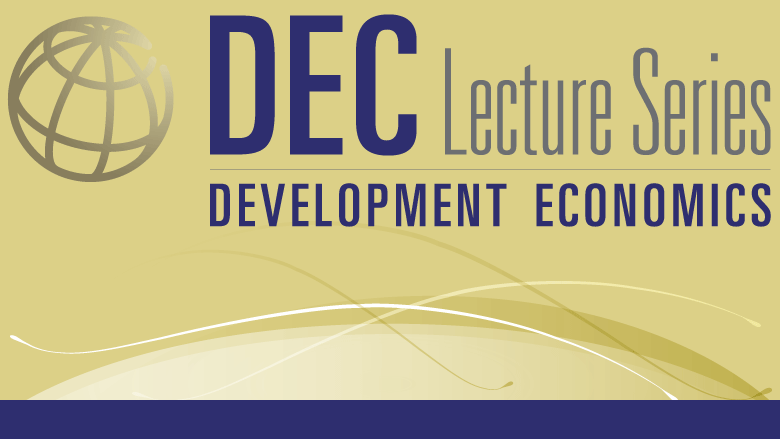
Her research provides empirical evidence for a set of core questions in development economics that broadly fall into three sub-categories: demography and development, geography and development and institutions and development. Her works in the first category include studies of the economic determinants of missing women, the effects of changes in family size on child educational attainment, the long-run effects of famine on health and labor supply, the historical effect of the Columbian Exchange on population growth and urbanization, and the extent to which human capital differences can explain cross-country income differences. Her work in the second category includes studies that explore the long-run effects of climate change on conflict and the long-run influence of agricultural productivity on economic growth and conflict. Her work in the third category includes a study of the institutional causes of China’s Great Famine, the determinants and consequences of elections in autocratic regimes, the determinants and consequences of humanitarian aid, understanding the government’s influence on the media, and the rapid economic development in China.
Professor Qian’s work includes extensive analysis of survey data, as well as historical data and a recurring theme in in her research is to understand the difference between short and long run effects, and endogenous responses to economic incentives. She is an expert of the Chinese economy. Her research has been published in top academic journals and featured in media outlets such as the Wall Street Journal and National Public Radio. She is the recipient of numerous prestigious awards, such as the Alfred P. Sloan Fellowship, the Kiel Global Excellence Award and National Science Foundation grants. She serves in several editorial positions and has consulted for development agencies such as The World Bank, the Global Development Network and the China Development Bank.
